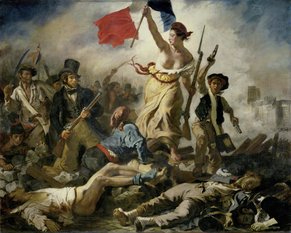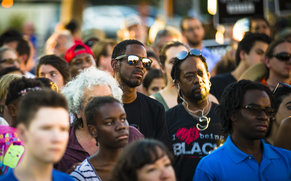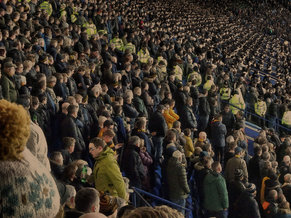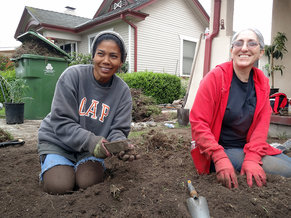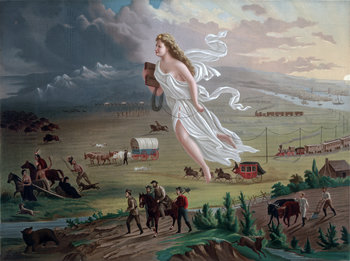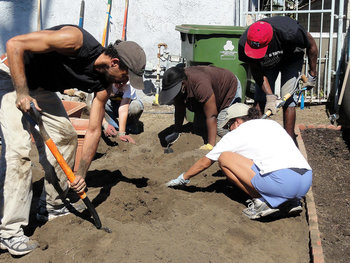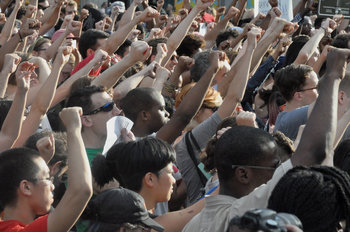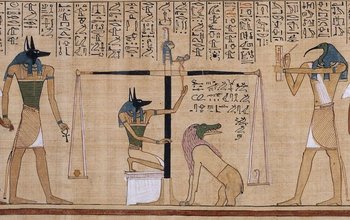
Politics
A system for distributing power and making decisions as a society.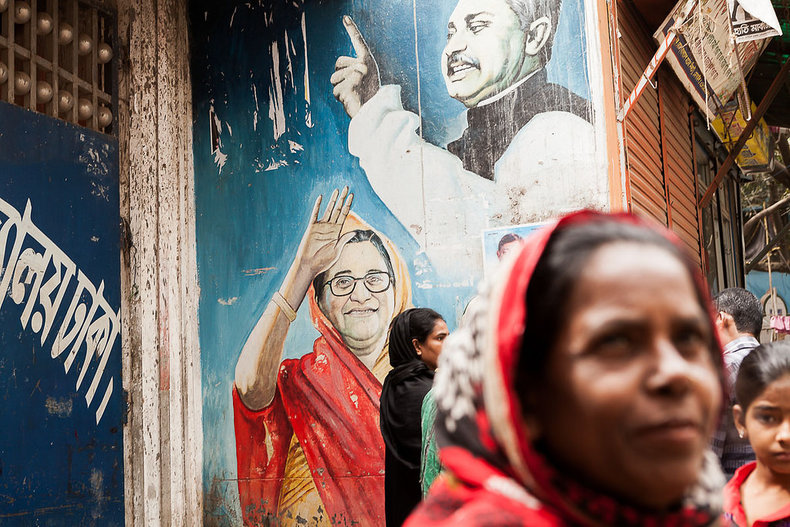
Laws & Regulations
Laws, rules and regulations and systems of justice and law enforcement.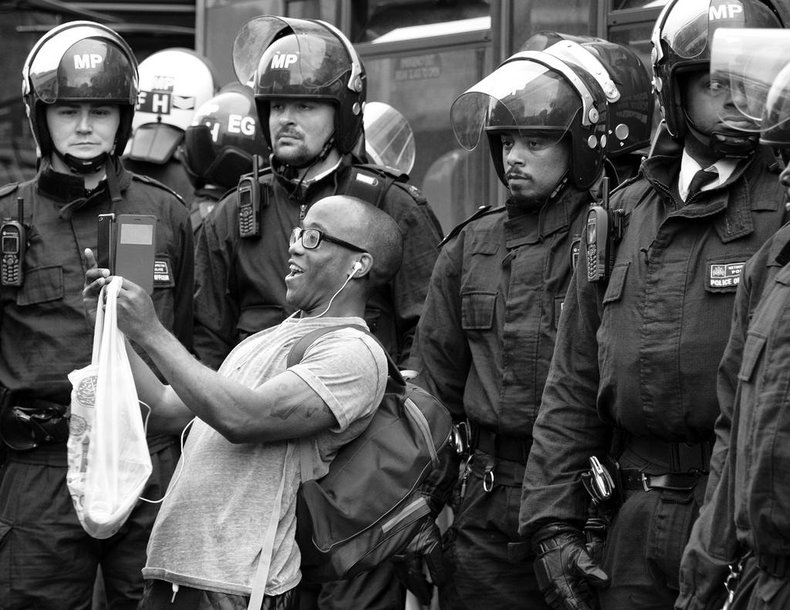
Rights & Freedoms
Principles and systems of enforcement that provide people with rights and freedoms. All civilizations have at least some rights and freedoms. However, civilizations differ greatly in this area as do peoples values regarding rights and freedoms.
Principles & Values
Principles and shared values that are used to resolve questions of right and wrong. For example, the constitution of a nation that is used to judge the fairness of laws and regulations.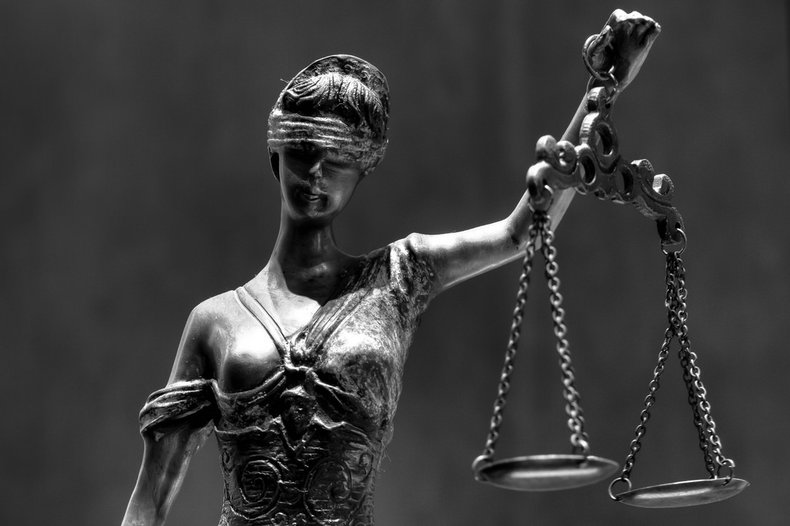
Oversight
Systems that provide oversight of those with power that are designed to ensure that no one is above the law. This may include official oversight structures in a government, non-profit organizations and a free press.
Economy
Systems of production and markets for creating and distributing value. This is the basis of civilization as an efficient economic system is required to support a large and complex society.
Wealth
Wealth is the value created by an economy that can be stored in money and assets such as land. A civilization always features systems of wealth distribution. It is very common for wealth to be distributed unevenly such that a small percentage of people control much of the wealth. At its extreme, a civilization may allow citizens to go without the basics of life despite more than enough wealth to provide for everyone. Another extreme is to distribute wealth completely evenly such that there is no incentive to get an education, work hard or add value. The latter case may lead to a complete breakdown in economic activity and efficiency.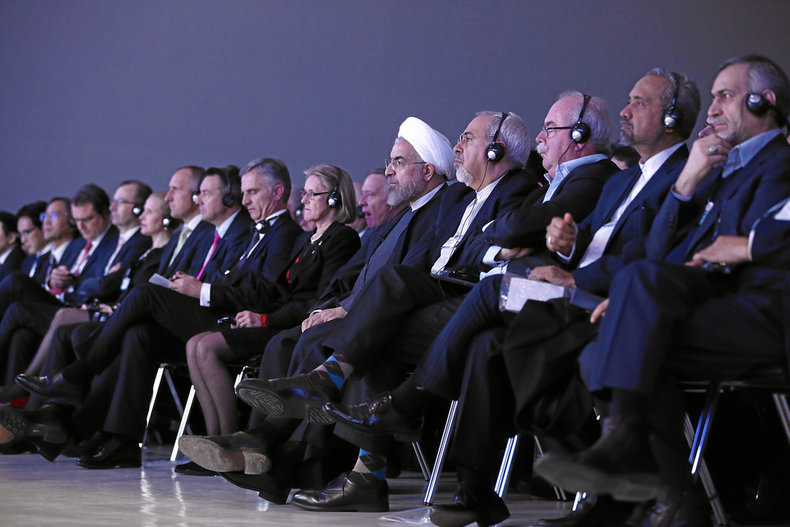
Knowledge
Systems for the development and spread of knowledge for the social and technological advancement of the civilization. For example, intellectual property rights that give incentives for research & development. It is also common for taxation to directly fund research at institutions such as universities.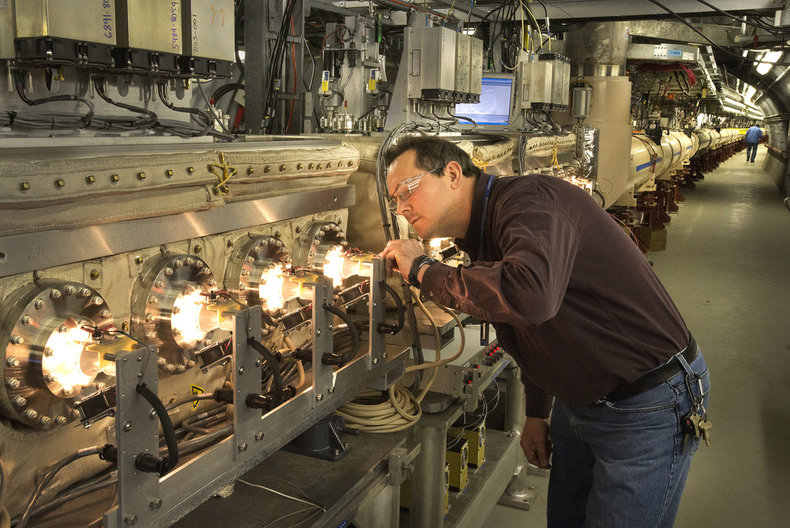
Communication
Civilizations are orchestrated with systems of communication that are essential to politics, economic efficiency and the spread of knowledge. This includes communication infrastructure, institutions such as media organizations and citizen level communications such as bloggers or information that is spread by word of mouth.
Institutions
Soft infrastructure such as government departments, hospitals, schools, community services and standards organizations are the hallmarks of a sophisticated civilization.
Education
A civilization may provide education to all citizens or at least the top of its social hierarchy. It is questionable whether a modern civilization can advance its economy, resilience and knowledge position without a vibrant education system that is accessible to all citizens.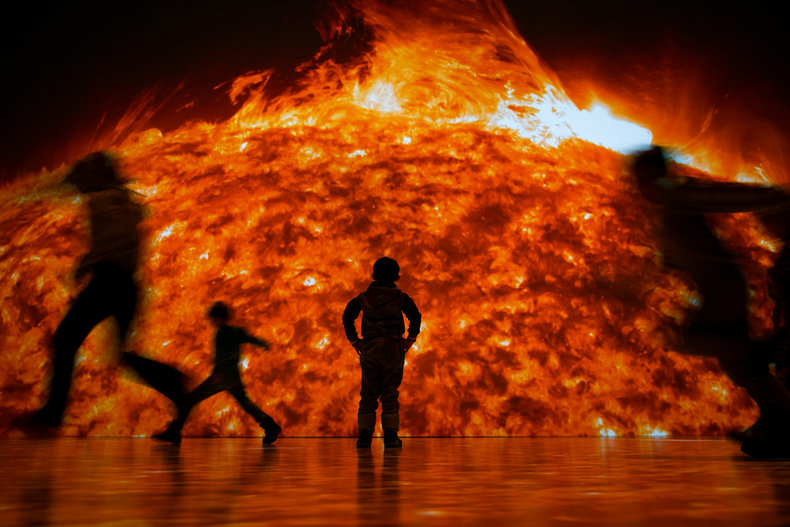
Social Status
People naturally complete for wealth and respect and evaluate each other according to notions of social status. Civilizations may hardcode social status into their systems with people being high status by birth or acceptance into a government bureaucracy. Alternatively, social status may be a competition defined by norms such that people can rise and fall in status based on their behavior and results in life. Modern societies exhibit a diverse range of social status that includes elements such as coolness.
Infrastructure
Basic shared services that allow for an efficient and technologically advanced society such as internet services, rail and bridges.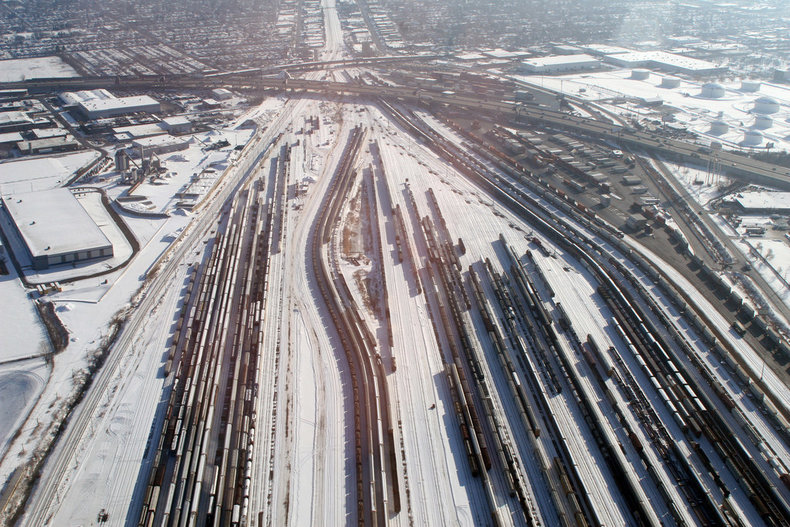
Identity
A common identity such as a nationality that includes shared symbols, history, principles and experiences that help people to get along and cooperate. For example, cheering for a national sports team may have a unifying effect.
Culture
Culture exists at the level of a civilization. Under this there may be many traditional cultures, subcultures and super cultures. In some cases, a civilization tries to replace or suppress cultures that it views as competition. In other cases, a civilization is based on an embrace of cultural diversity.
History
Each civilization has a history that is a source of culture, traditions, stories and knowledge. Elements of history may be a source of pride that serve to unify people and define culture. Other elements may be dark such that they are an opportunity for a civilization to admit its mistakes and not repeat them.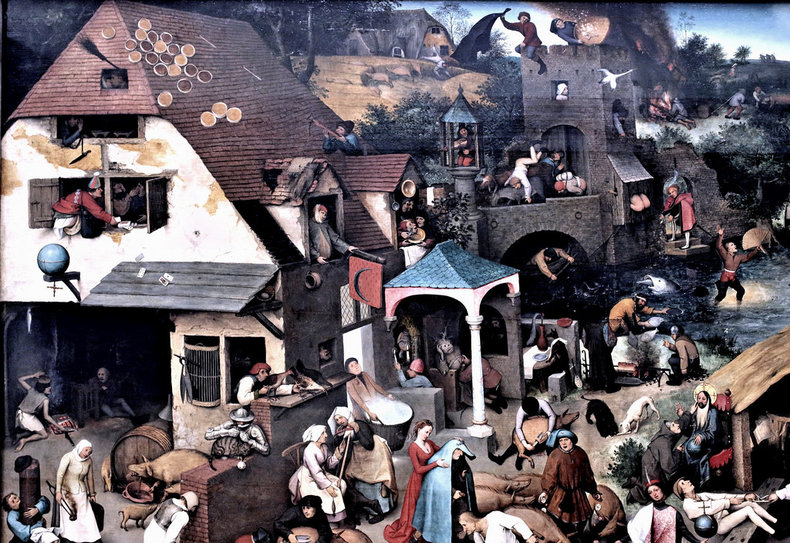
Art, Music & Literature
The wealth and freedoms created by a civilization may provide a fertile environment for creative pursuits such as art, music, literature and performance art.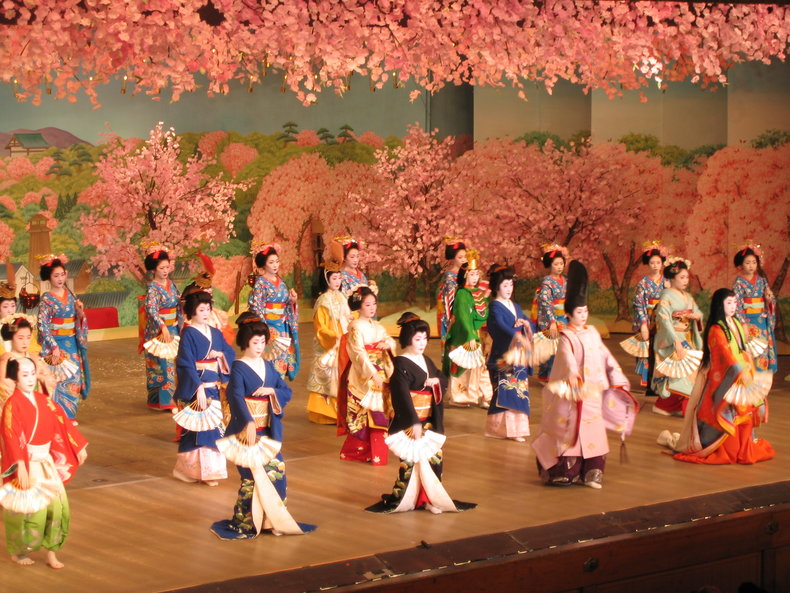
Architecture
Civilizations are often viewed in terms of their architecture as this is the most enduring artifact that civilizations leave behind. Architecture is both practical and artistic and says much about a time, place and culture.
Belief
A civilization is normally based on shared beliefs even if that shared belief is that everyone is free to believe what they want.
Taxation
Taxes are mandatory financial charges used to fund a government. Poorly structured or overly burdensome taxes can lead to a breakdown in normal economic functions and cause a civilization's best and brightest to flee. Regressive taxes give the masses incentives to overthrow an elite.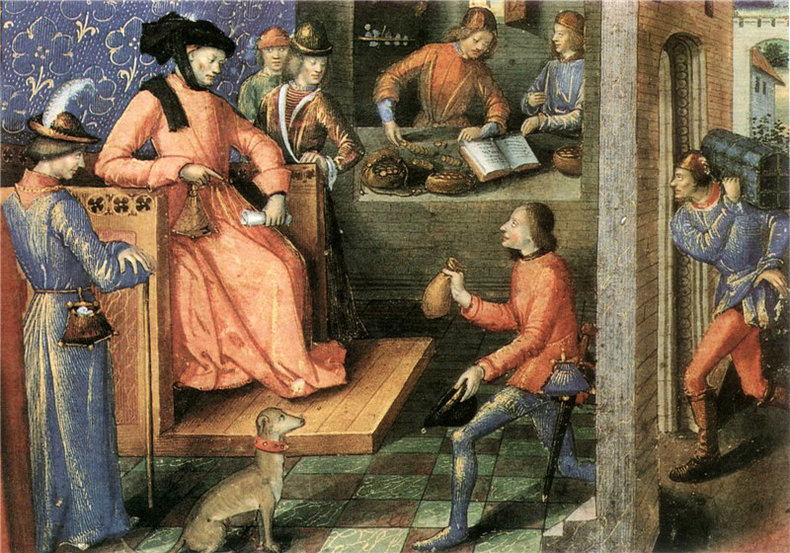
Nature
Historically, civilizations view themselves as being separate from nature and dominant over it. This can be contrasted with tribal societies that are more likely to view themselves as connected to nature. Modern civilizations may be undergoing a transformation whereby they increasingly view themselves as connected to nature and responsible for stewardship of natural resources. This is due to the scale of destruction that has been caused by industrial economies that threaten quality of life.
Globalization
Globalization is not a new thing as it has been common for large civilizations to trade, exchange goods and allow immigration for thousands of years. However, globalization has sped up in recent decades due to increased cooperation between nations and advancements in communication technology, particular the internet.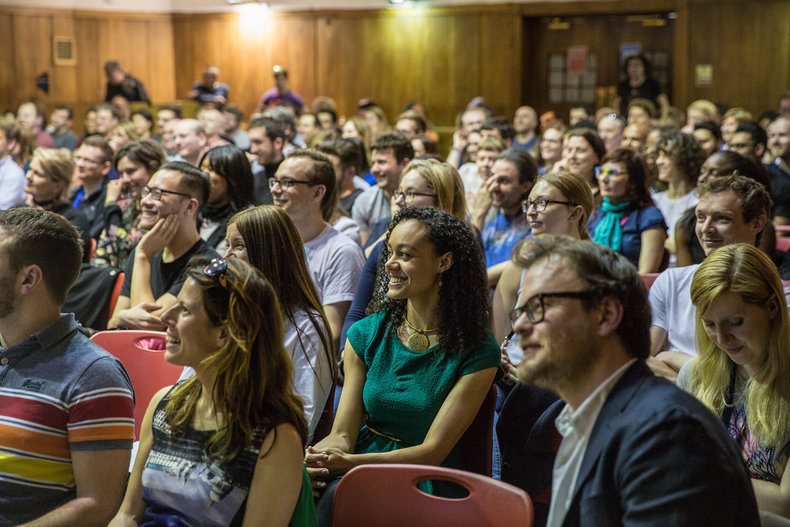
Expansionism
Civilizations seek to expand. Historically this often meant military and territorial expansionism. As large civilizations have become more cooperative this has arguable been somewhat replaced by economic expansionism and pursuit of soft power. Exploration of space may also be considered an example of expansionism whereby a civilization may have a vision of economic development and settlement of space.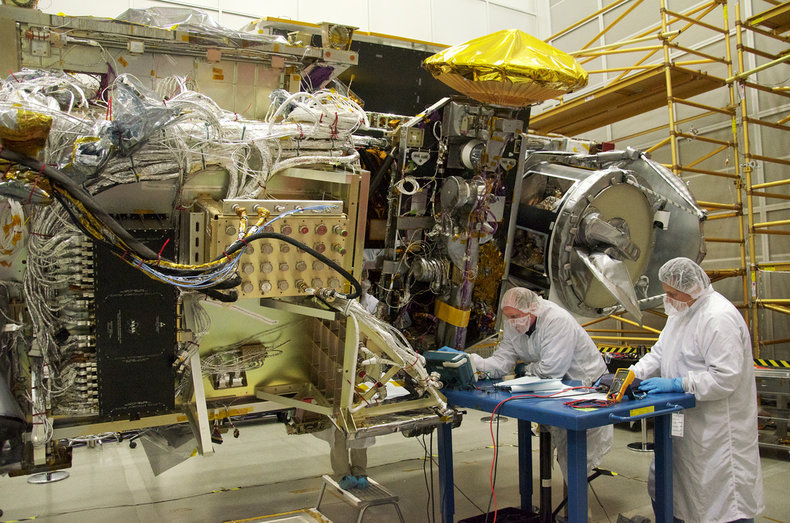
Resilience
Resilience is the design of a civilization to survive stresses and failures. A civilization may be designed to maximize wealth today without much regard to resilience or risk management. Alternatively, it may be designed to be extremely resilient with systems build to survive or avoid natural disasters, economic shocks and existential risks. This requires sustainable systems and infrastructure.
Quality of Life
Quality of life is the happiness and overall life satisfaction of citizens. Achieving a high quality of life is a common goal of modern civilizations and is an alternative to maximizing for economic growth and output as measured in GDP.
Decline, Revolution & Collapse
Civilizations can go into decline whereby they cease to provide stability, cooperation, efficiency and quality of life. This can end in revolution or collapse and reversion to a tribal society. Alternatively, a civilization may cease to exist when it is conquered by a competing civilization.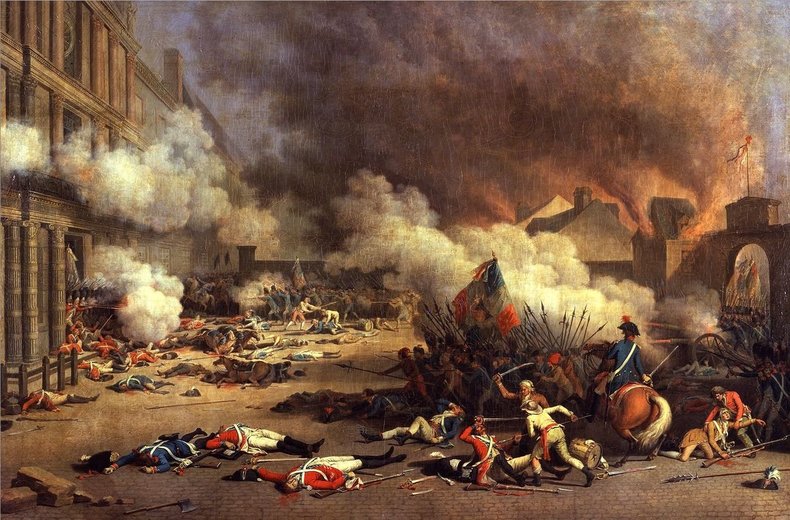
Notes
Not all civilizations demonstrate all of the characteristics above.| Overview: Civilization | ||
Type | ||
Definition | A complex society. | |
Related Concepts | ||



